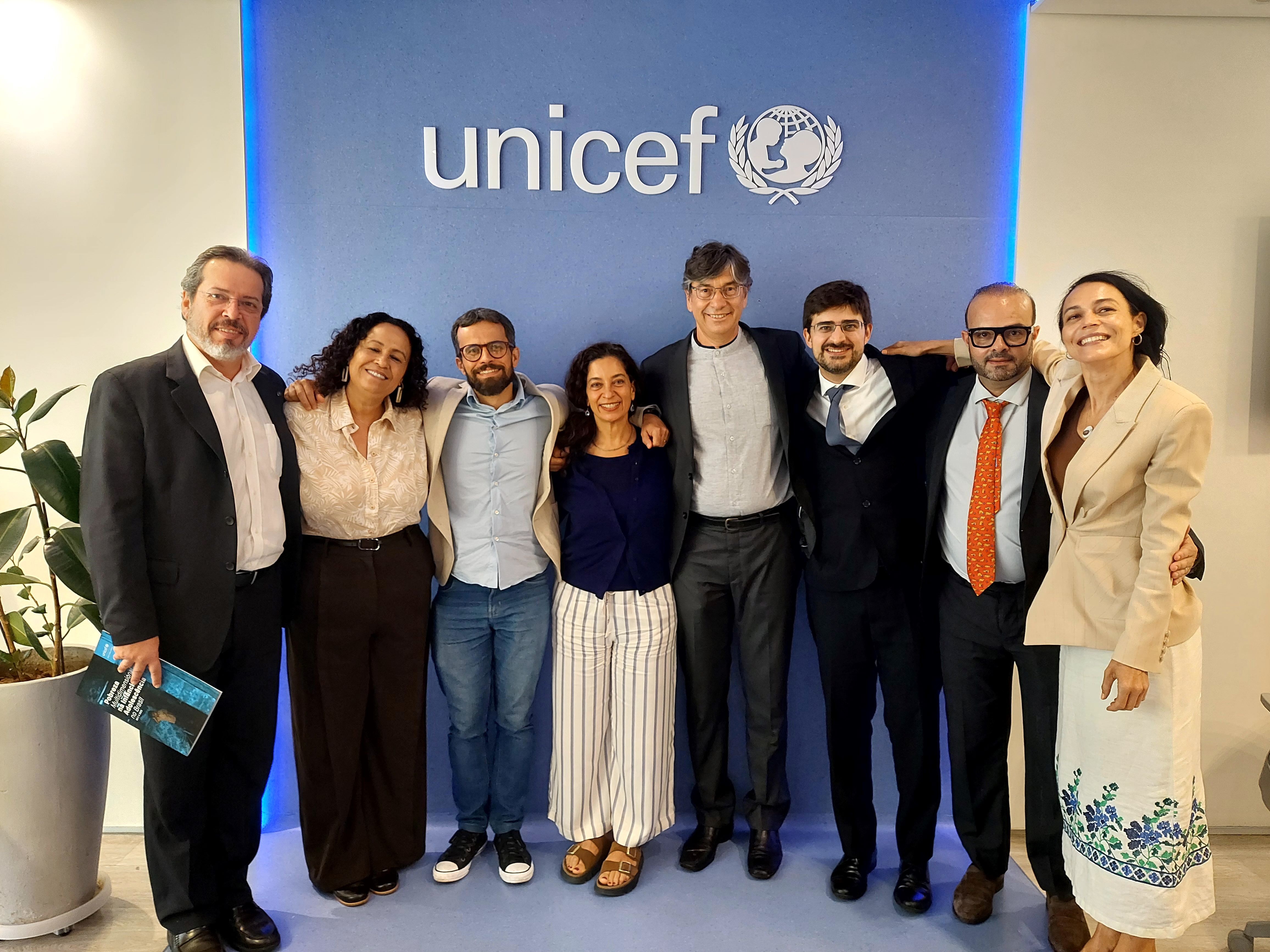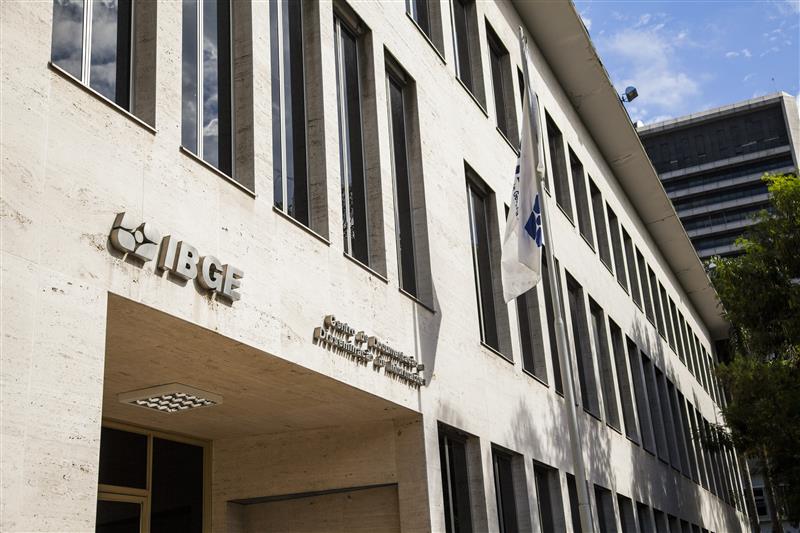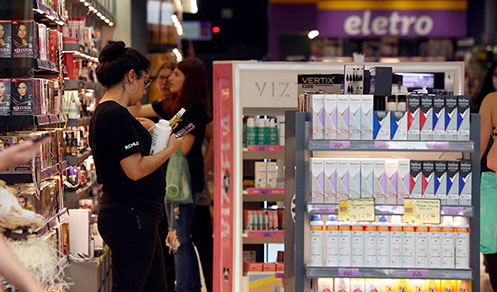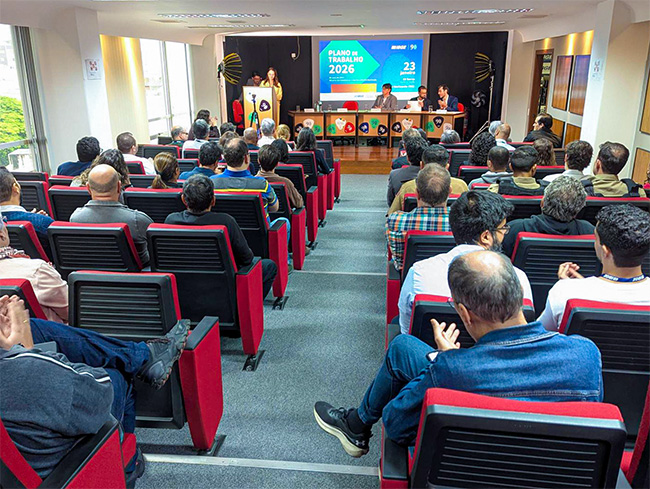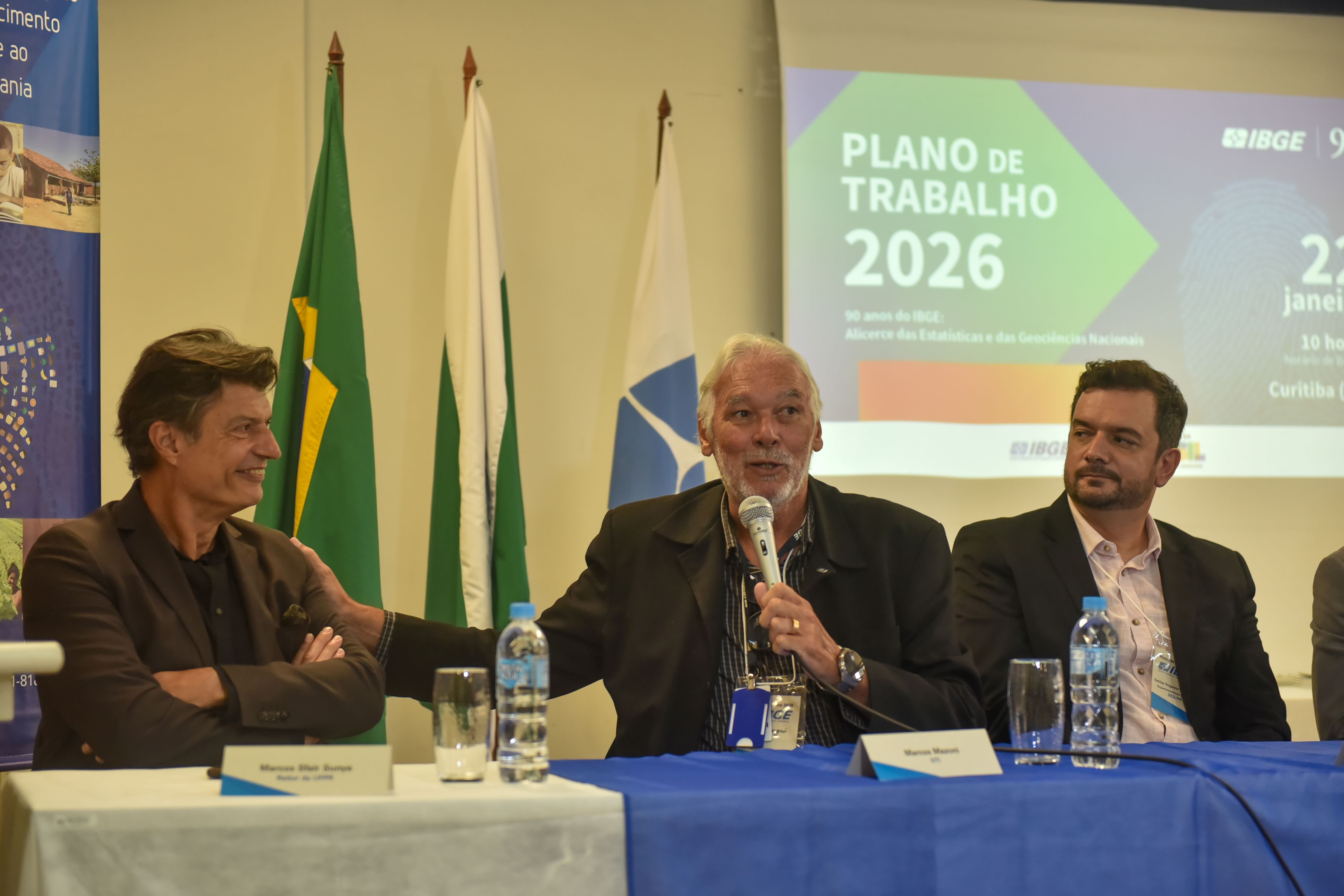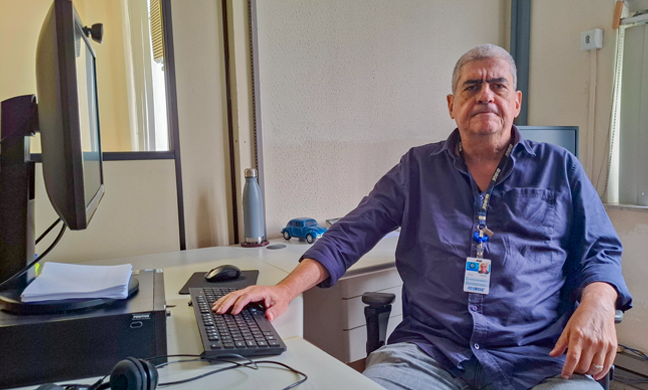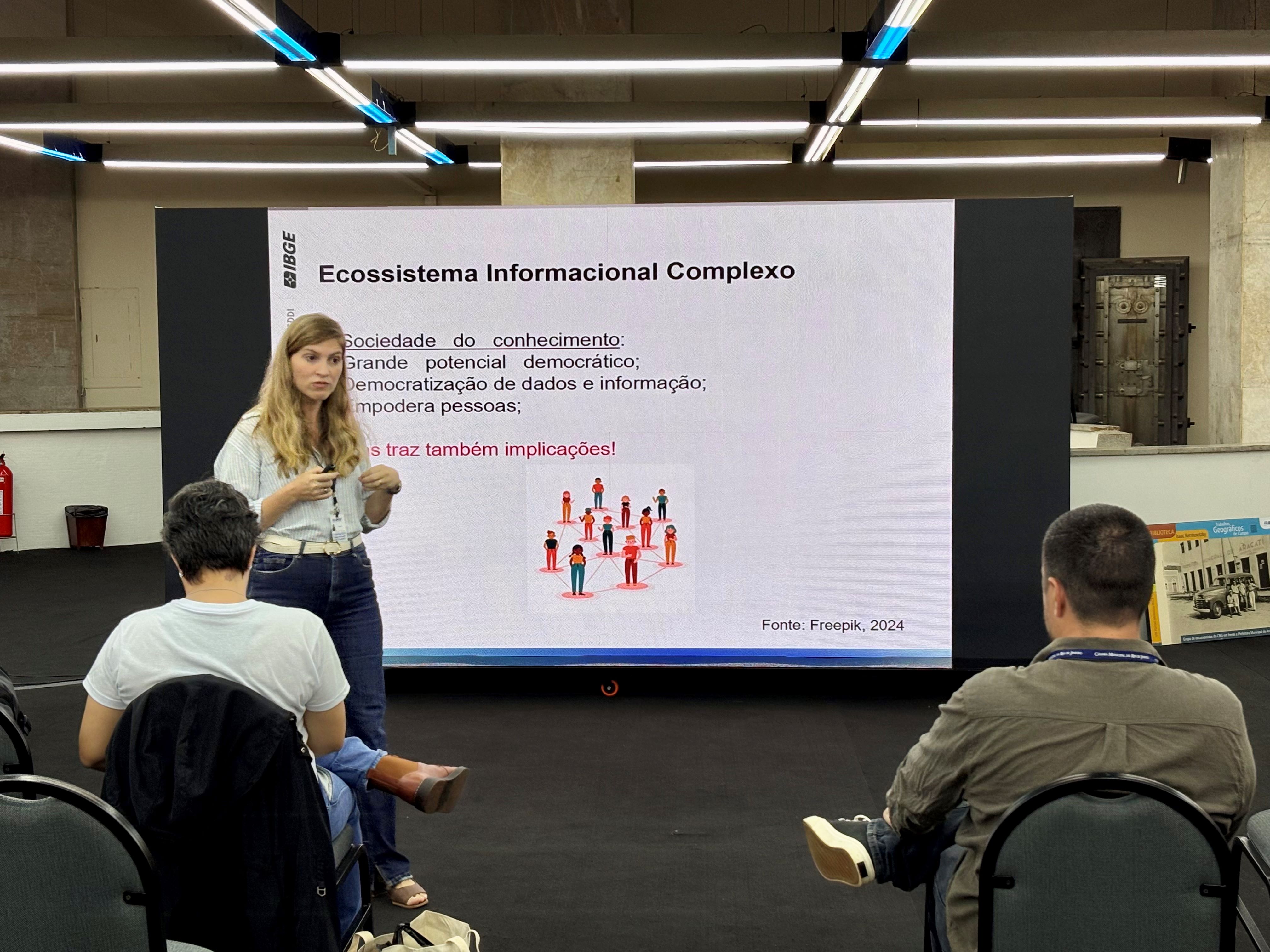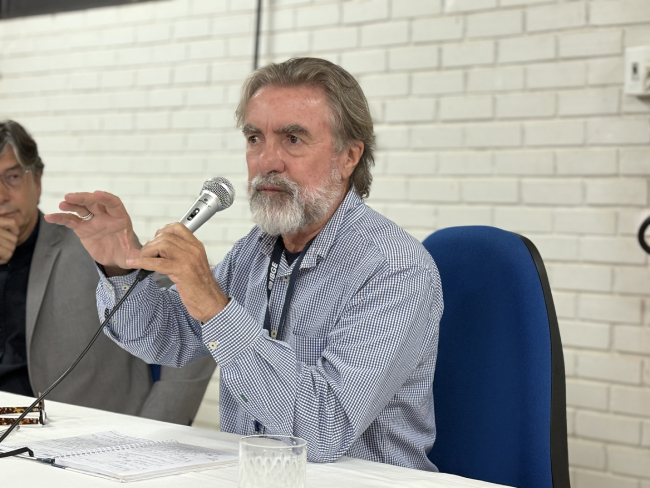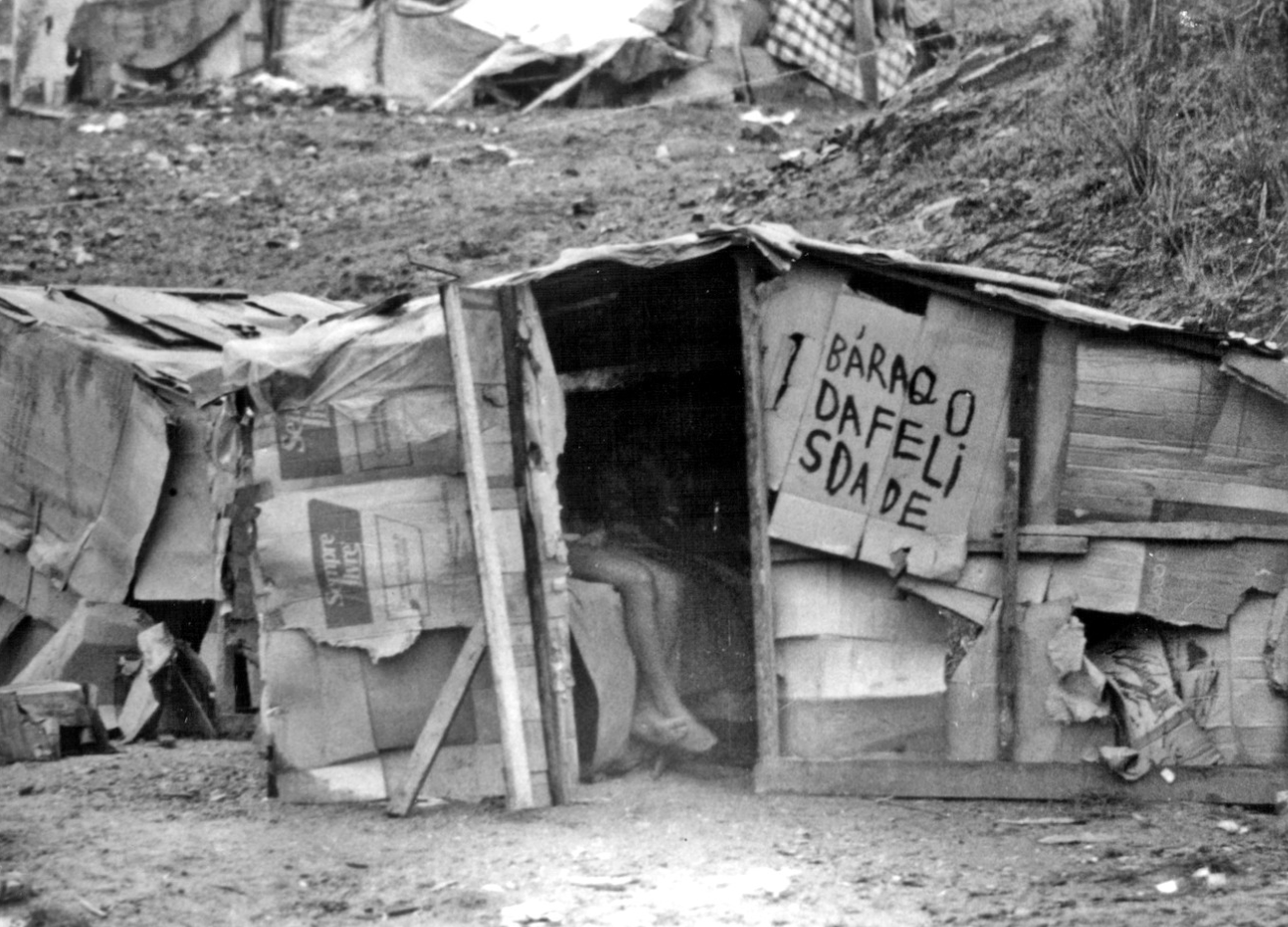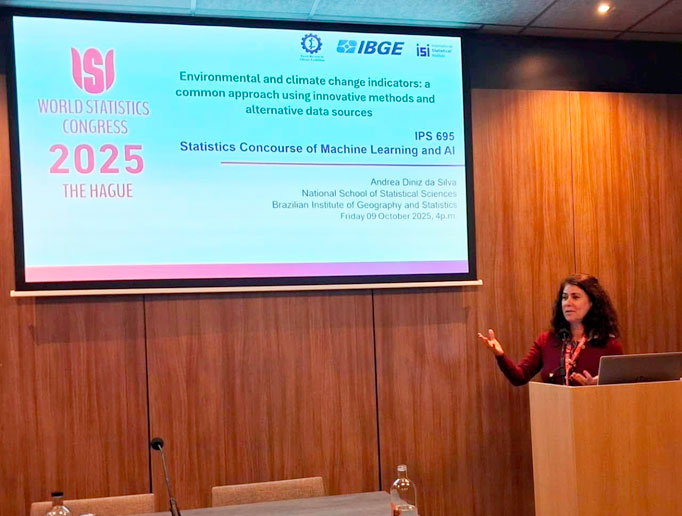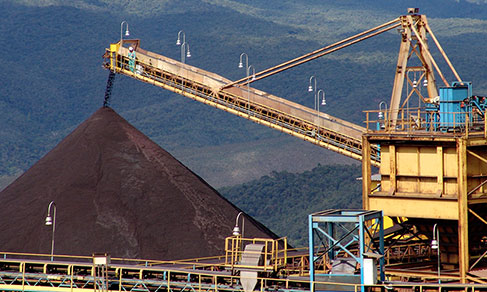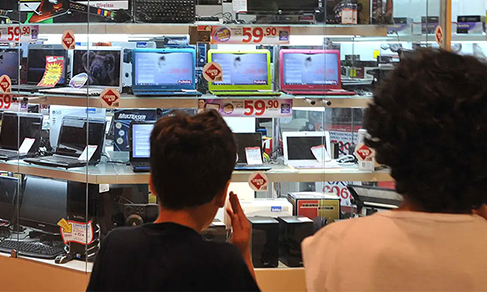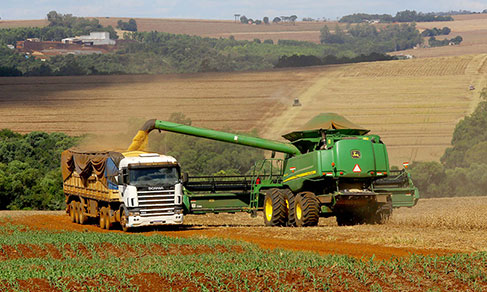Ecosystem Accounting
Experimental study estimates value of water bodies during abstraction, treatment and distribution of water
April 28, 2021 10h00 AM | Last Updated: April 29, 2021 04h10 PM
Highlights
- Study adds to debate on possibility of paid direct abstraction of blue water, which consists of surface water (rivers, creeks and lakes) and ground water (aquifers).
- Between 2013 and 2017, the average cost of blue water provision, used by the activity of water supply in the country, was R$ 6.3 billion.
- Environmental income from direct abstraction of blue water by the activity abstraction, treatment and distribution of water was of R$ 0.33 hm³/year, on the average, between 2013 and 2017.
- Results are experimental and are part of the IBGE's Environmental-Economic Accouting System, which follows UN recommendations
The IBGE has released today (28) Ecosystem Accounting: Value of the Ecosystem Service of Blue Water Provisioning 2013-2017. The publication presents experimental statistics that assess the value of service rendered by the ecosystem: provisioning by surface water bodies – such as rivers and springs and by ground water bodies, such as aquifers, for the activities of water abstraction, treatment and distribution.
Conducted in partnership with the National Water and Sanitation Agency (ANA, in Portuguese), the study is part of the System of Environmental Economic Accounting (UN), , which promotes integration between environmental and economic information. Results are experimental, still being tested and evaluated. The publication aims at engaging users in the development of these statistics and to ensure that its results are high-quality and can be understood from the beginning.
According to the study, between the years of 2013 and 2017, value of water provisioning service for abstraction, treatment and distribution of water in the country amounted to R$ 6.3 billion, on the average, with a change from R$ 6.4 billion in 2013 to R$ 9.3 billion in 2017, that being equivalent to R$ 0.33 per cubic hectometer per year (hm³/year) on the average.
The study also took into consideration that, when environmental income is compared with the estimated value added for the activity of abstraction, treatment and distribution of water, water environmental income was approximately 31% of the value added, on the average, between 2013 and 2017.
“These are the main results of the study, which aims at contributing with the methodologies of other surveys about valuing of natural resources and the discussion about charging or not for abstraction of blue water”, says the manager of IBGE’s Environmental Economic, Michel Vieira Lapip.
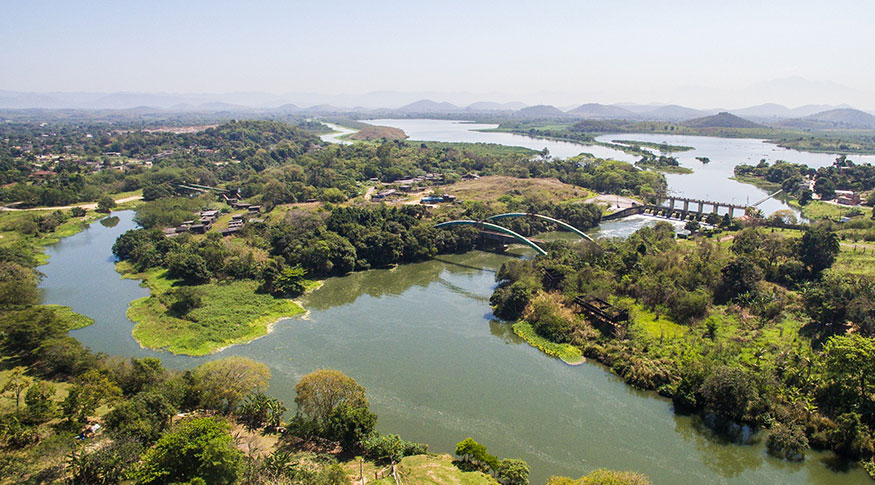
Charge for the use of water takes into account abstraction, consumption and effluent dilution
In the country, the charge for use of water is in compliance with the National Policy on Water Resources, provided by law 9,433/97. That is a fee paid for the use of this public good in the water basins where the charge is implemented. Users that abstract, use and discharge water in water bodies should pay the amount defined by Water Basins Committee, which count on the participation of users, civil society and the government.
Calculation of the fee for the use of water takes into account abstraction, consumption and effluent dilution per cubic meter of water (R$/m³). Value can vary according to the use such as sanitation, industry, mining, agriculture and livestock, thermoelectricity, among other activities.
Charge for the use of water “Charge for the use of water guarantees quality and quantity of water, avoiding its indiscriminate and harmful use, such as excessive abstraction and the discharge of pollutants, for example, placing obstacles to economic growth and overall welfare. Besides, that can add to shared benefits from the use of a public good and be a catalyst or fund water management,” Michel Lapip says.
Valuation of the ecosystem service that provides water for the activity of abstraction, treatment and distribution of water was conducted by the IBGE in partnership with ANA, by means of the valuation method of environmental income, from the residual value approach, mainly by using information from the Environmental Economic Accounts of Water: Brazil 2013-2017, the System of National Accounts and the National System of Information on Sanitation.
This study has as its methodological framework two manuals by the UN, System of Environmental-Economic Accounting 2012: Central Framework and the System of Environmental-Economic Accounting 2012: Experimental Ecosystem Accounting), which propose an integrated evaluation of environmental information and its relationship with the economy, making it possible to combine the analyses under a single structure.
The study adds to the implementation of the international methodology developed by the United Nations Statistical Division, by means of the project Natural Capital Accounting and Valuation of Ecosystem Services (NCAVES), in partnership with UN and funded by the European Union.
Study is part of IBGE’s Economic Environmental Accounting
The work released today is part of the IBGE’s Environmental-Economic Accounting, which is intended to integrate economic and environmental information into a methodological system, thus allowing to measure the contribution of the environment to the processes of production of economic activities and in the demand from families, such as the impact of such use on nature.
The implementation of this Project started with the publication of the Environmental-Economic Accounting of Water (CEAA): Brazil 2013-2015, in 2018. The second publication of CEAA took place last year and covered the years 2013 to 2017 with data from Brazil and Major Regions.
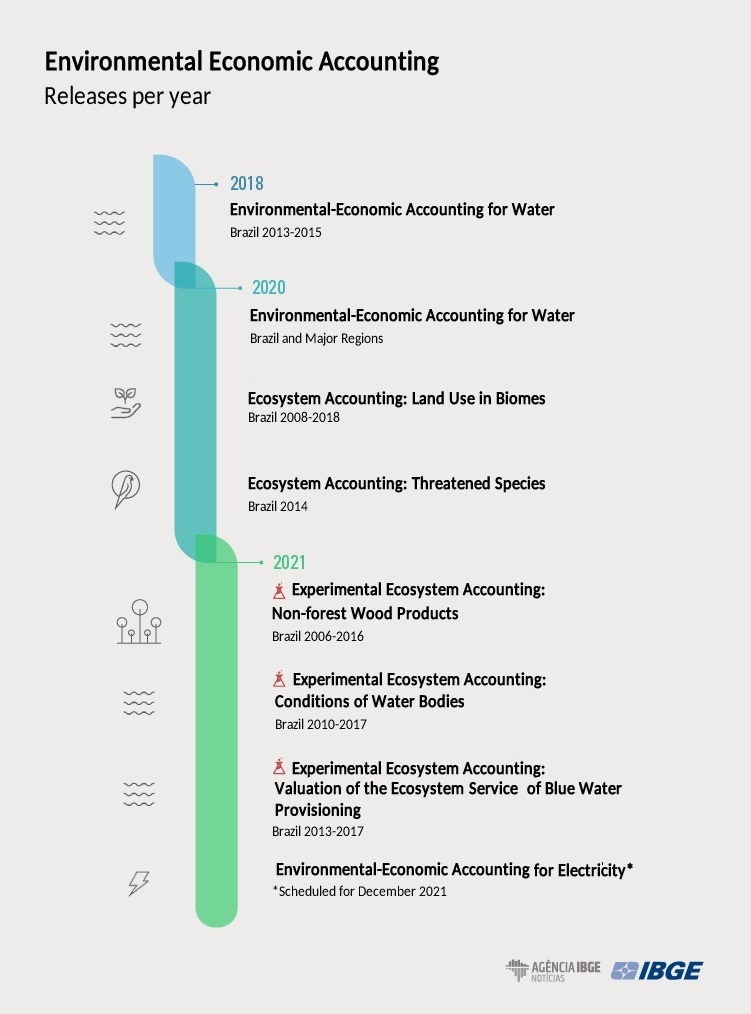
In the same year, in 2020, the IBGE advanced in terms of Ecosystem Accounting with publications of the Endangered Species Accounting in Brazil: 2014, and of the Accounts of Land Use in Brazilian Biomes: 2000-2018.
The publications in 2021 were Experimental Ecosystem Accounting: non-forest food products 2006-2016; and Experimental Ecosystem Accounting: conditions of water bodies 2010-2017. Besides the study released today, the IBGE still intends to make available, in December this year, Environmental-Economic Accounting for Electricity.



